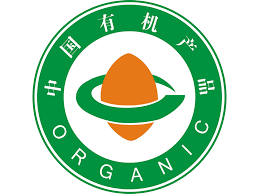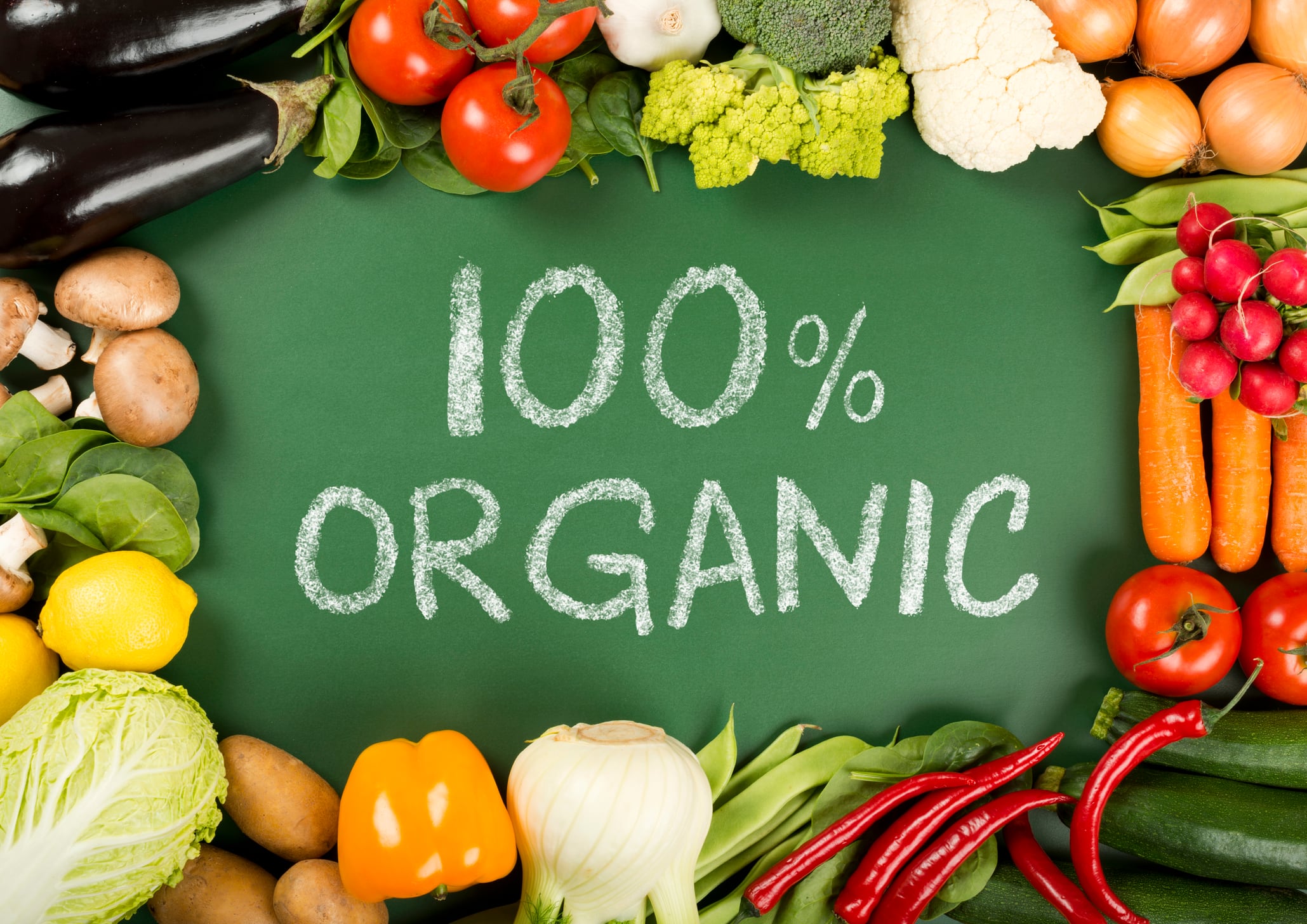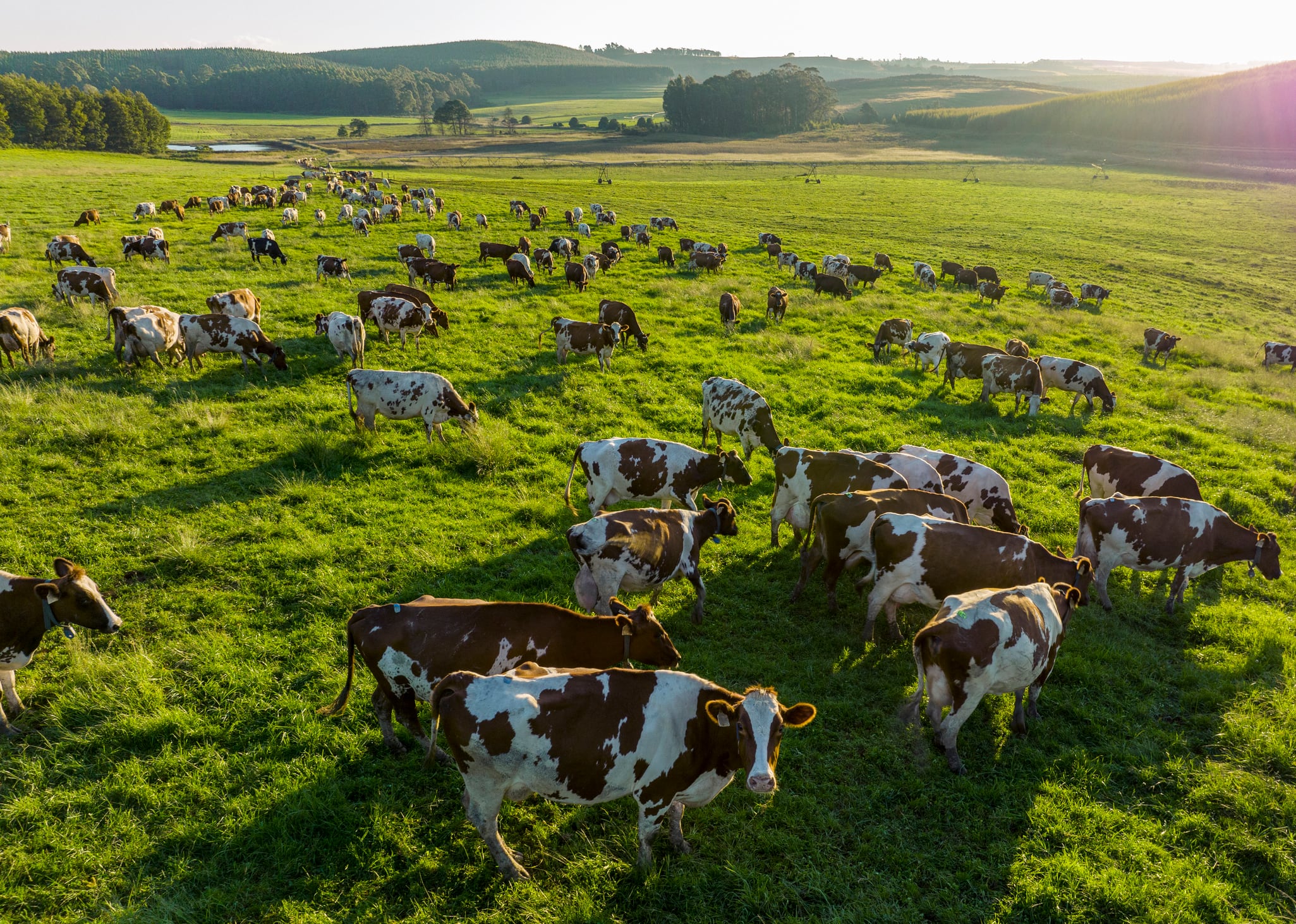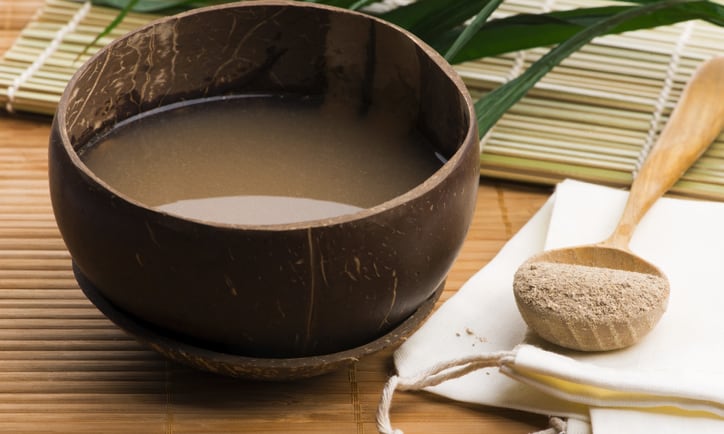The Chinese government recently announced an updated version of the local Organic Product Certification Implementation Rules, which will be enforced starting January 1 2026.
The new regulations have included stricter standards and procedures that organic certification agencies will be utilising for all certificate issuances as well as post-certification supervision and management next year.
One of the major updates concerns the production environment of organic products, mandating certification inspectors to ensure that the production environment also complies with safety and quality standards.
“The responsible agencies will need to conduct stringent checks on the production location and prepare an inspection report detailing the conditions of said location, or utilise the results of reports prepared by a qualified third-party agency,” China’s State Administration for Market Regulations (SAMR) said via a formal statement.
“Only if the product meets all organic requirements can the certification agency issue it a certificate and permit usage of the China Organic Product Certification Mark; if it fails the inspection, the applicant must be informed via writing with a clear explanation of the reasons for failure.”

Control over these certifications has also been enhanced by mandating the uploading of all relevant product certificates to the national China Food and Agricultural Product Certification Information System.
For processed food products, it is stipulated that the content of organic ingredients must be at least 95% in order to be considered for organic certification.
“This organic content will be calculated by weight, excluding water and salt content – all products that do not have at least 95% organic ingredients by weight will not be permitted for organic certification,” said the ministry.
“Only after going through the certification process can a product carry the ‘organic’ label on its packaging and have the Organic Product Certification Mark affixed to it.”
For imported organic items, China requires the agencies from the relevant countries of origin to submit applications for ‘equivalency assessments’ of their local organic certification systems.
“If no agreement exists between China and the importer country, then the product seller or exporter will need to go through the local organic certification process before said product can be sold in China,” said SAMR.
Revocation scenarios
All organic certificates are valid for one year upon approval, but SAMR has now listed out various scenarios whereby this certificate can be revoked, ensuring added clarity such that companies are not able to plead ignorance of situations in violation of the regulations.
Any misuse of the organic logo will result in the product’s certificate being revoked.
For instance: Usage of the organic certification mark beyond the scope of the certification e.g. for a different product within the same line; a drop in quality or cleanliness of the environment in which the product is made; or any reprocessing or repackaging of the product at a different production site.
“Whenever the certification body revokes a product’s organic certificate, this revocation will be made public so that consumers are aware,” the ministry added.





